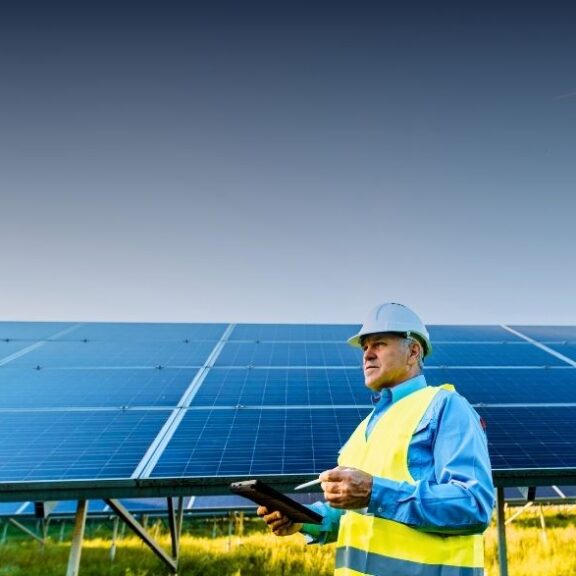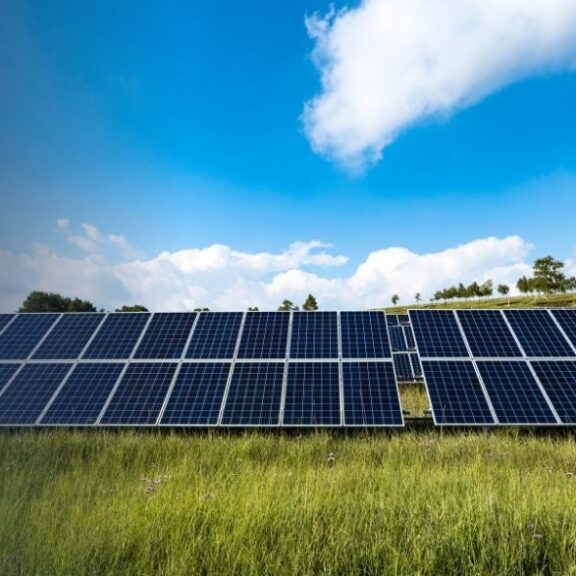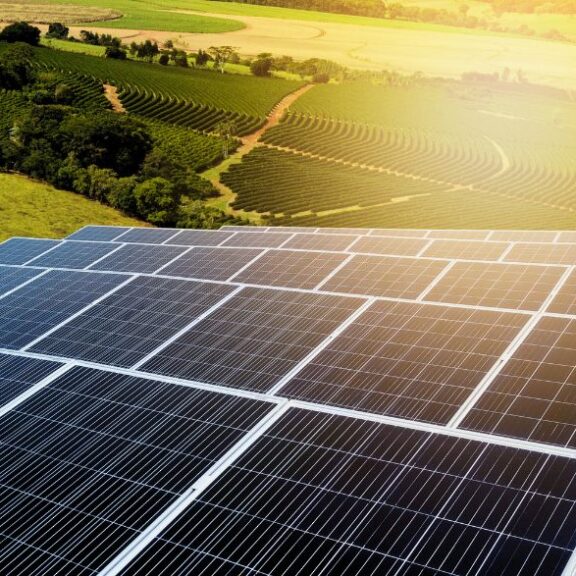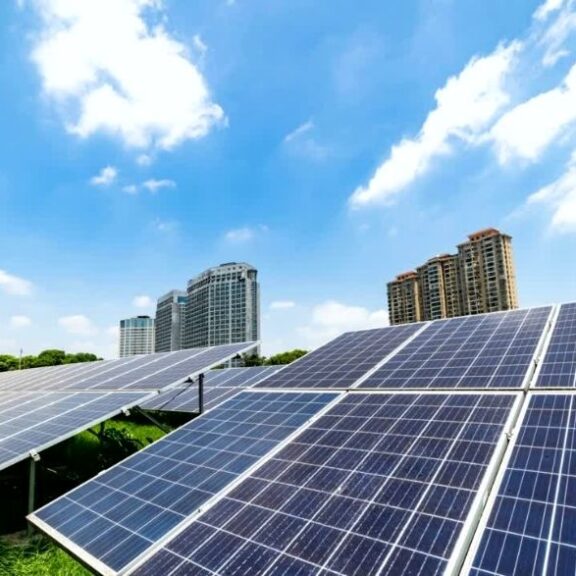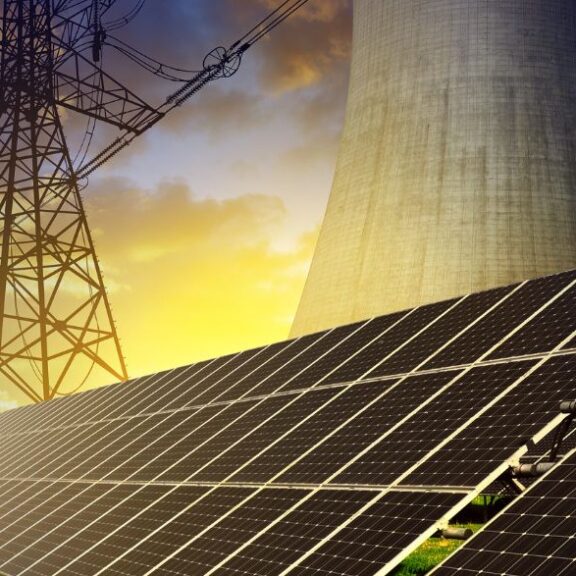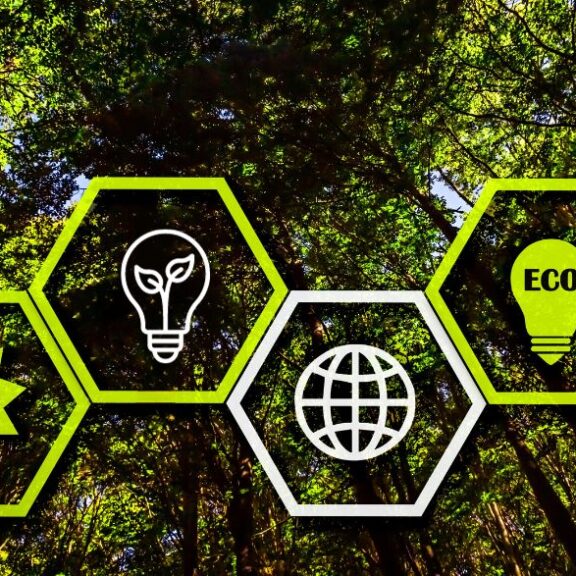Advances in renewable energy guarantee Brazil the lowest per capita carbon emissions in the G20
In recent years, Brazil has consolidated its position as a global leader in the use of renewable energy, especially wind and solar power. According to recent data, in 2023, 89% of Brazilian electricity came from renewable sources, a rate three times higher than the global average of 30%. This significant advancement highlights the country's commitment to sustainability and reducing carbon emissions.

